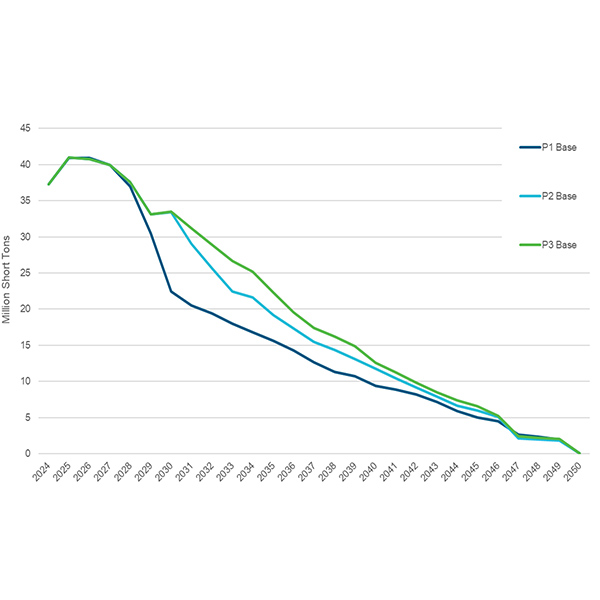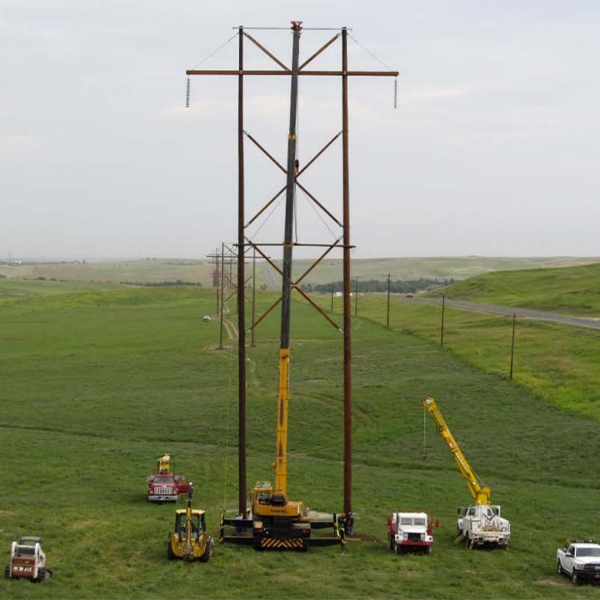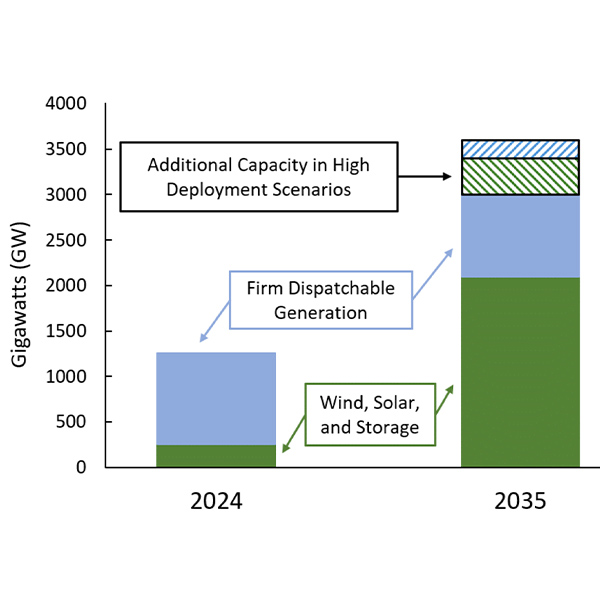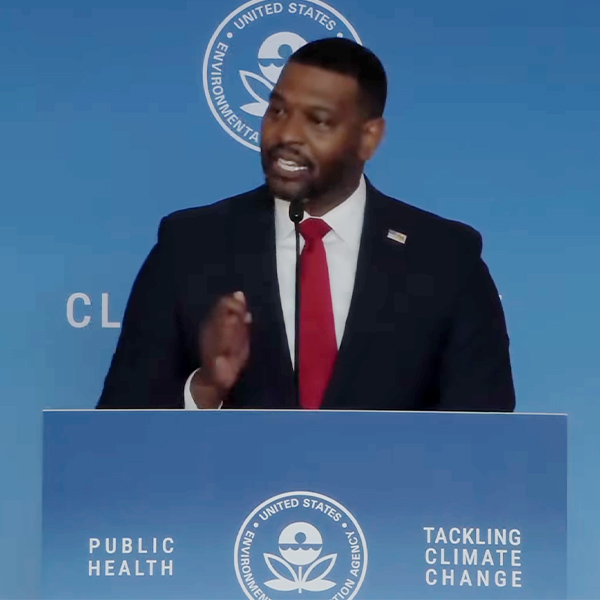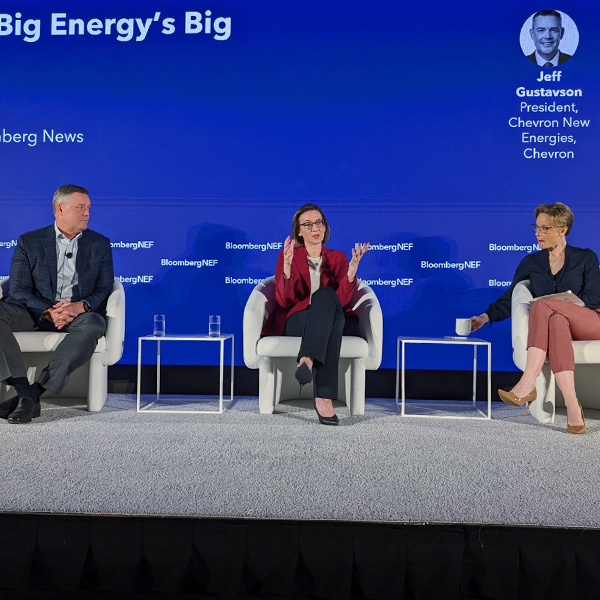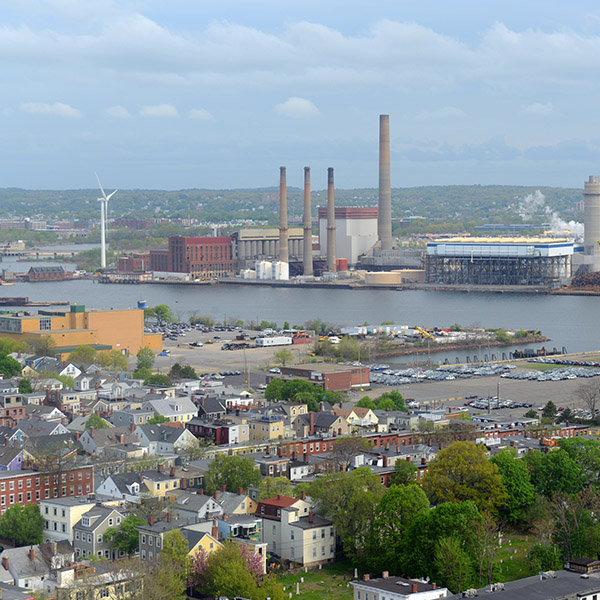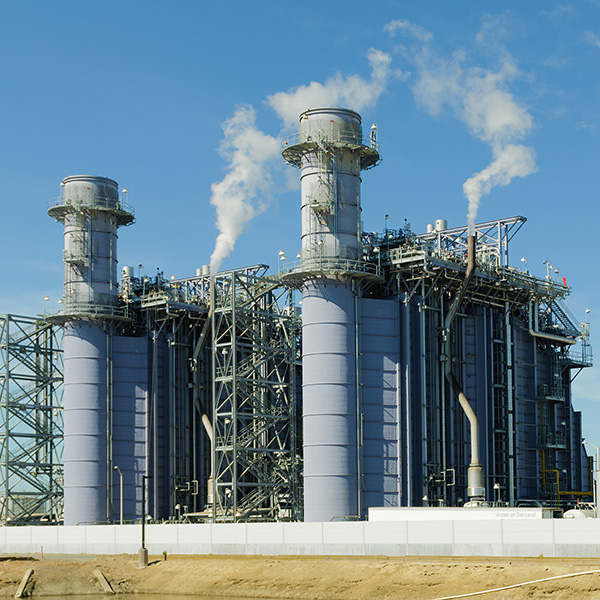Fossil Fuels
Dominion expects to start installing monopiles for the Coastal Virginia Offshore Wind project between May 6 and 8, CEO Robert Blue told analysts during the company’s first-quarter earnings call.
North Carolina residents called upon the Utilities Commission to address Duke Energy’s preferred carbon plan, criticizing its slow pace of coal plant retirements and increase in gas plants compared to other options.
Rising demand from data centers will lead to increased investment in transmission in PPL’s utility territories, executives said during a first-quarter earnings call.
The White House Council on Environmental Quality finalized a rule meant to modernize the federal environmental review process under the National Environmental Policy Act.
Streamlining and accelerating permitting is just one of the potential uses DOE envisions for AI to accelerate the U.S. power system’s transition to 100% clean energy and the modern, efficient, secure grid needed to reach that goal by 2035.
Constellation is requesting an increase in the cost-of-operation charges in its proposed agreements with Massachusetts gas utilities to keep the Everett LNG import terminal operating through the winter of 2029/30.
Coal-fired power plants nationwide will either have to close by 2039 or use carbon capture and storage or other technologies to capture 90% of their emissions by 2032 under EPA’s long-awaited final rule.
A series of presentations and panels at the BloombergNEF Summit provided a measure of the industry’s success in crafting a narrative based on a “balanced” and well-paced transition that includes cutting egregious emissions and scaling carbon capture and storage technologies.
The Massachusetts AGO and DOER expressed concern about the climate effects of proposed utility supply contracts to keep the Everett LNG import facility operating until 2030.
A DOE report on resource adequacy says firms investing in natural gas capacity could be retrofitted with carbon capture and storage, or the ability to burn clean hydrogen.
Want more? Advanced Search

